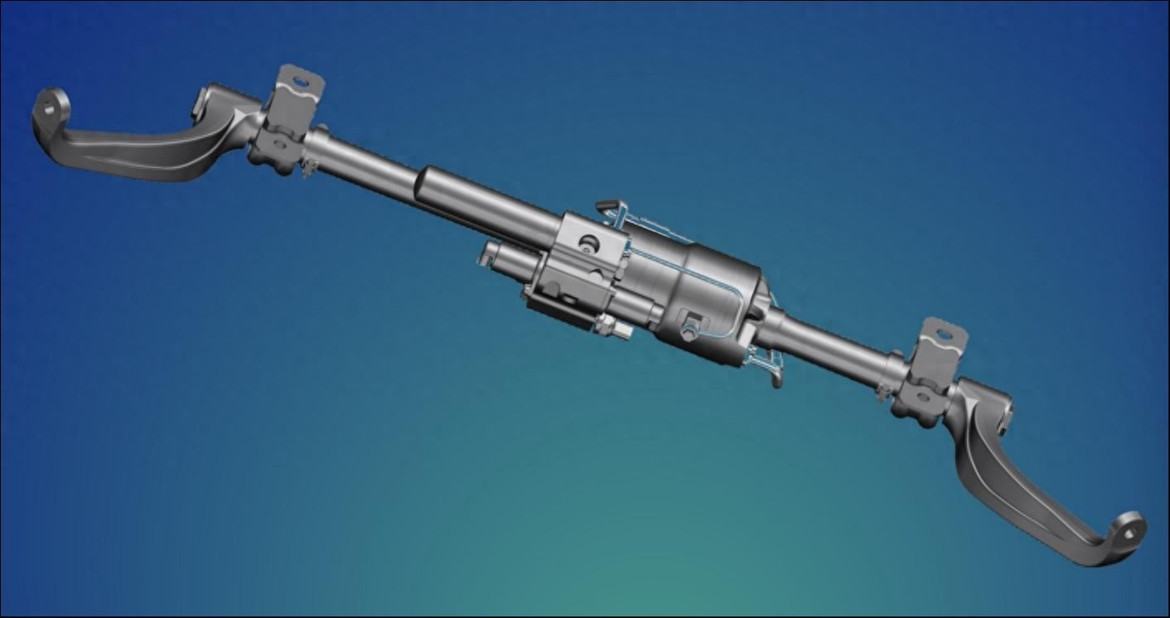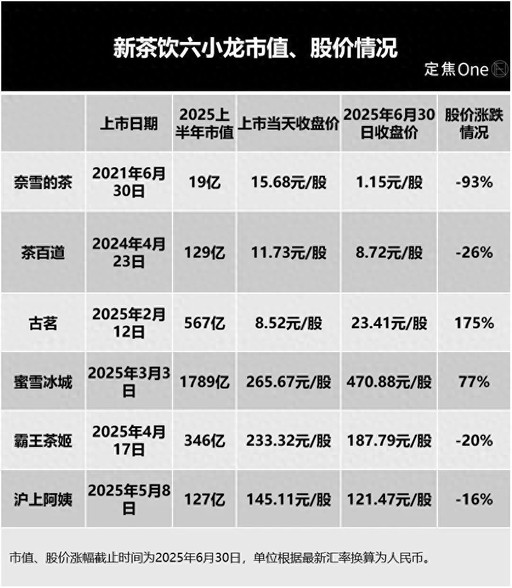
Disconnectable Active Stabilization Control System (R-SARC) of BeijingWest Smart Mobility
AsianFin -- BeijingWest Smart Mobility, a global Tier 1 supplier of suspension and braking systems, is rolling out its advanced disconnectable stabilization system—R-SARC—across a growing number of new energy off-road vehicles in China, as domestic demand in the segment continues to climb.
The system, formally known as the Rotary Semi-active Road Control system, allows vehicles to dynamically disconnect stabilizer bars under rugged driving conditions, improving wheel articulation and traction. On paved roads, the system automatically reconnects to enhance handling and stability. BeijingWest says this technology delivers significant improvements in both drivability and ride comfort without compromising off-road performance.
R-SARC was originally developed by the company’s R&D center in France and has undergone two decades of evolution. While already deployed in high-end off-road models like the Land Rover Range Rover and Ford Bronco overseas, the third-generation R-SARC entered mass production in China in 2024, debuting on the Tank 700 Hi4-T.
“Off-road vehicles face enormous variation in terrain, and rigid stabilizer bars often compromise performance in extreme conditions,” said Chen Weigang, Global Vice President of Engineering and CTO of Suspension Products at BeijingWest Smart Mobility. “Our system decouples that constraint, enabling better contact with the ground and vastly improved escape capabilities.”
A key enabler for domestic rollout was cost. While R-SARC has long existed in luxury off-road segments, its price point previously excluded it from mass-market models. But BeijingWest’s full localization of components in China slashed production costs by 30% to 50%, paving the way for broader adoption.
That localization push is part of a wider industry trend in China, where suppliers are aggressively adapting legacy technologies for new energy platforms. BeijingWest aims to bring “technology equality” to more models, Chen said, adding that a smaller and more cost-effective variant of the system is scheduled for launch later this year, with a continuously adjustable version expected in 2026.
The system’s highly integrated design—featuring modular components and platform adaptability—also reduces vehicle engineering complexity and simplifies maintenance, the company said. R-SARC is compatible with steer-by-wire architectures and supports OTA updates and V2X data integration.
While BeijingWest is expanding rapidly now, Chen acknowledged the company could have moved earlier. “We were a bit late to push this domestically,” he said. “But now we’re actively engaging with OEMs and scaling quickly.”
The company’s collaboration with Great Wall Motor’s Tank brand was pivotal. The R-SARC system added 60 millimeters of wheel travel to the Tank 700 Hi4-T, significantly boosting its off-road credibility. The model was later named one of China’s Top Ten Off-Road Vehicles and recognized for having a top-tier chassis—a success Chen credits in part to his team’s contribution.
Rather than targeting competitors, Chen said the company is focused on expanding the total market for advanced off-road tech. “A lot of OEMs still don’t fully understand this product,” he said. “We want to change that.”
China’s booming EV and off-road markets are proving fertile ground for Tier 1 suppliers like BeijingWest Smart Mobility, as automakers look to differentiate with high-performance chassis systems amid a broader shift to intelligent, software-defined vehicles.
“The rise of new energy vehicles is the greatest positive change our industry has seen in decades,” Chen said. “For companies like ours, it’s both a challenge and a generational opportunity.”







